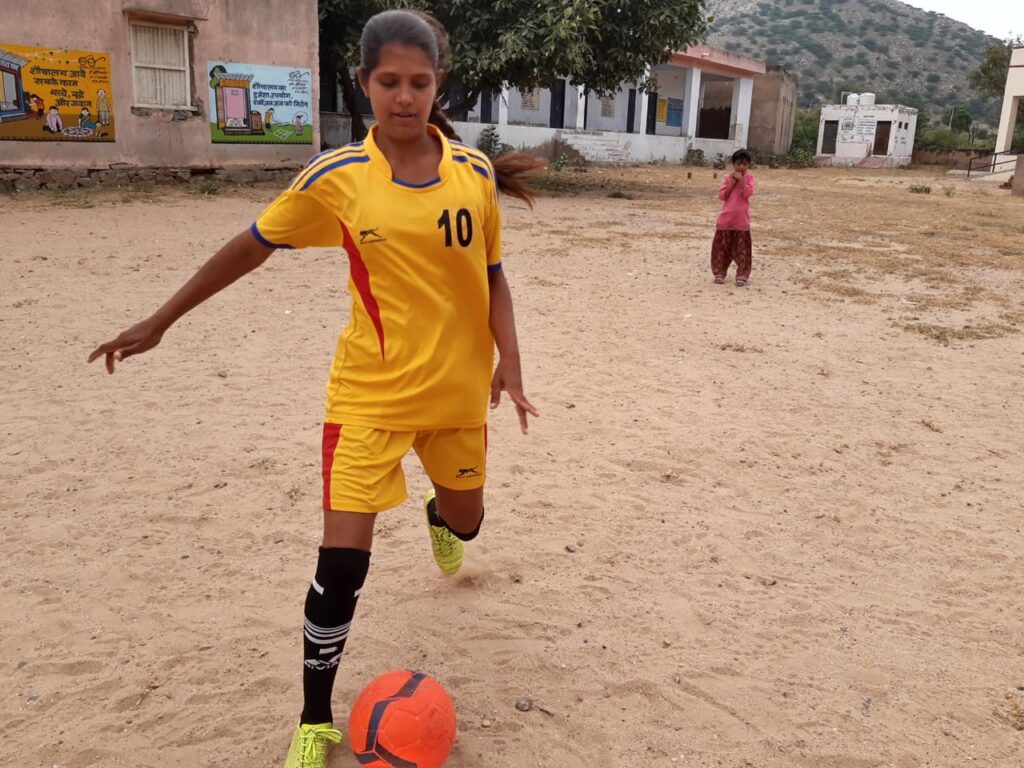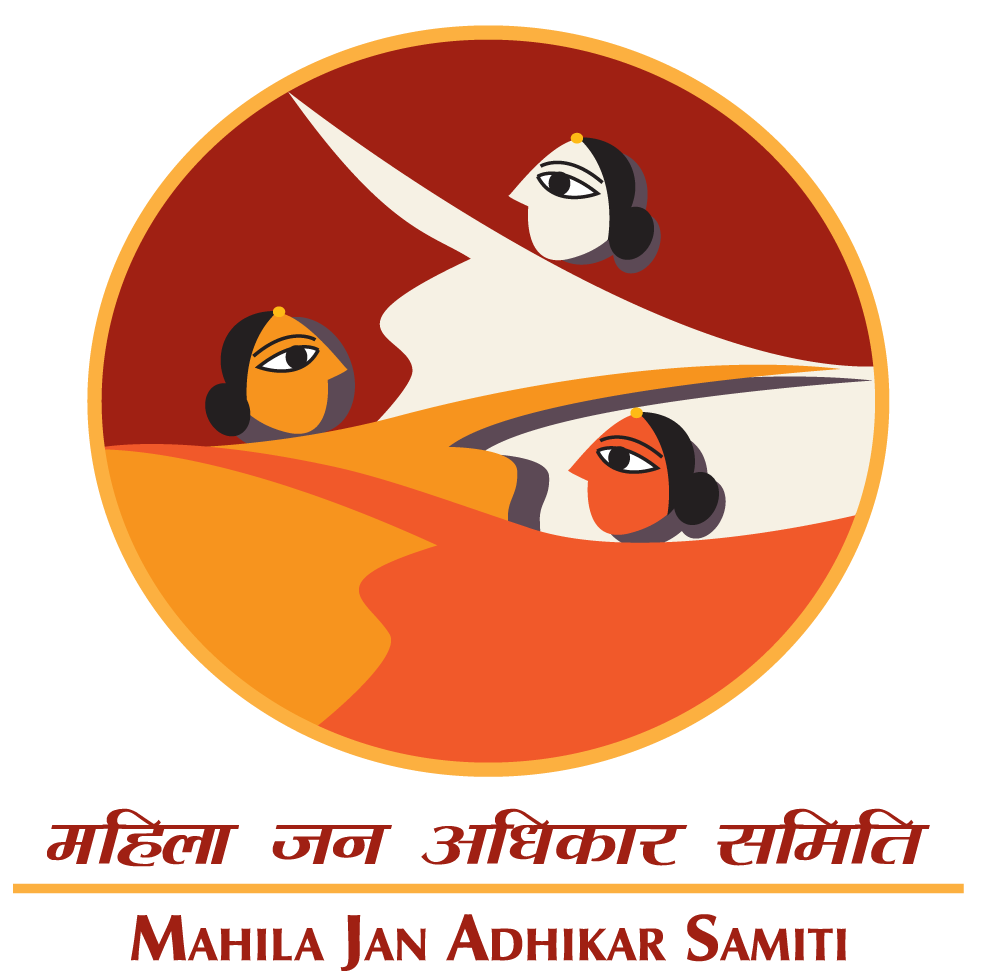
Kicking Out Patriarchy, Embracing Change
The story of how girls started coming out of their homes to attend soccer camps
With an emphasis on sending out a strong message against child marriage in Rajasthan, the organisation collaborated with HAQ (Centre for Child Rights,Delhi), with the support of the Australian High Commission, to mobilize girls ages 10-18 to play football. The objective was to use sports, in particular football — which is traditionally seen in the villages as a ‘male sport’ — to break gender norms, help girls move beyond their family confines, take greater control over their bodies, be able to better negotiate their own aspirations and ultimately prevent their own early marriage, as well as those of others. This programme also encourages married girls to step out of their traditional roles of daughter-in-law, wife and mother.
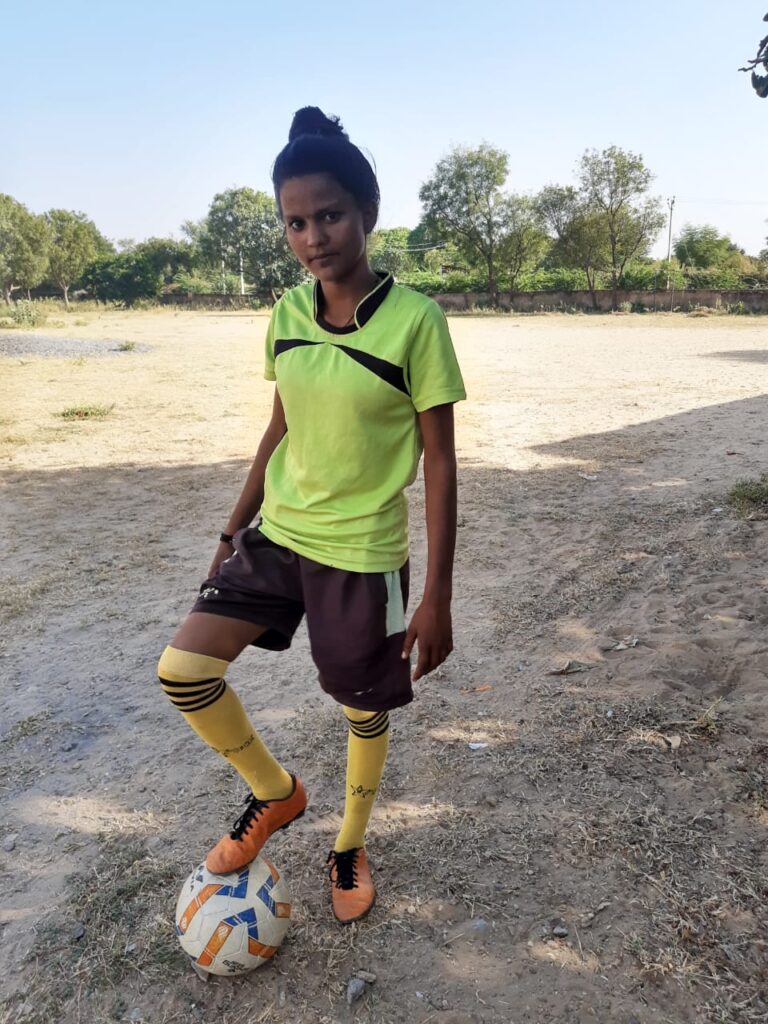
Dhoniya Harijan (Football Player) –Hasiyawas
Dhoniya Harijan is a sixteen-year-old girl from the village of Hansiyawas, in Ajmer
district in Rajasthan.She started playing football in 2017, when she joined Mahila Jan
Adhikar Samiti (MJAS) in their football programme. Dhoniya is a Dalit, and was
outcasted in her school as well as in the larger community. But football helped her gain
confidence and challenge the Social barriers that had outcasted her.
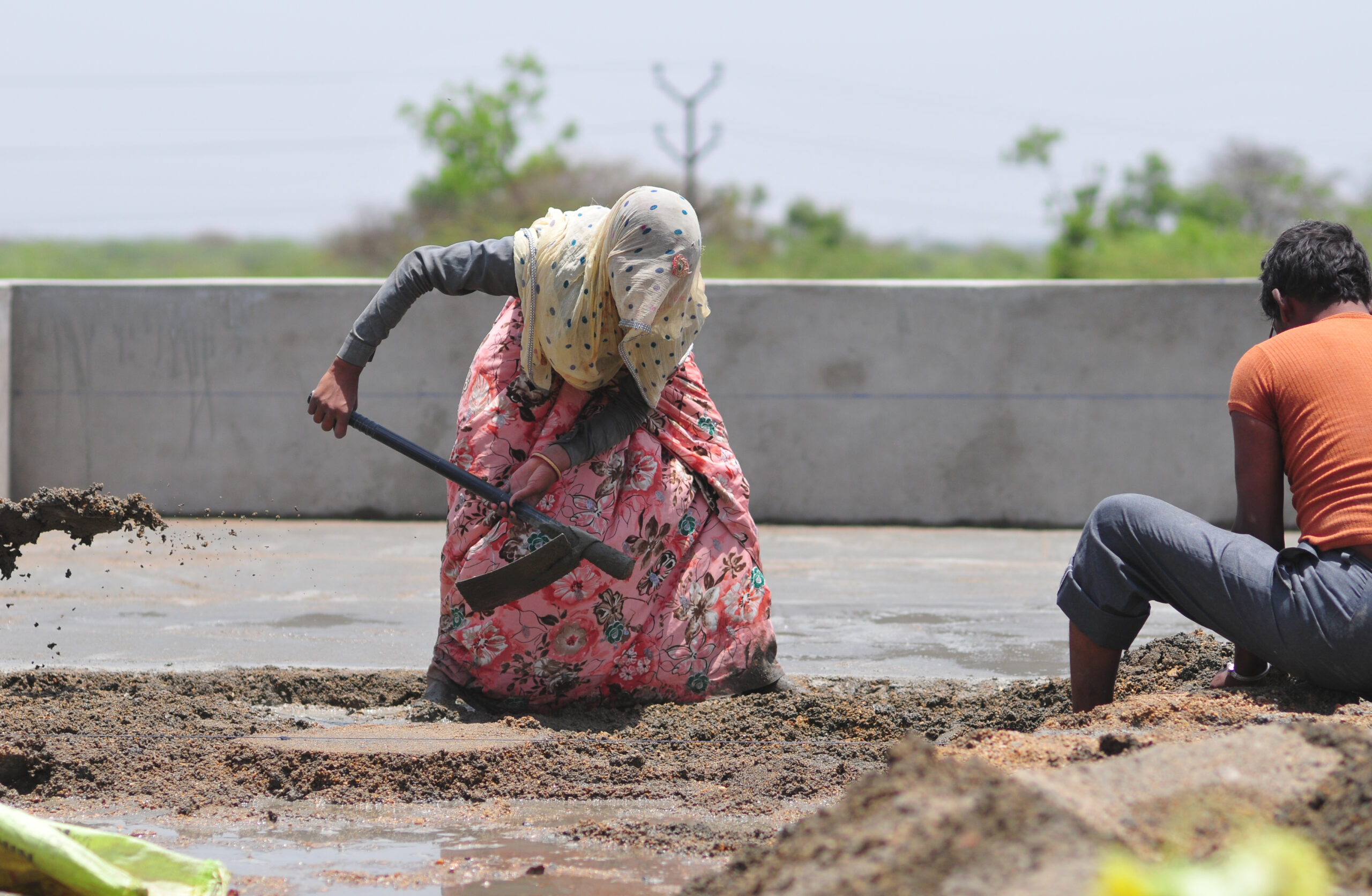
Dhapu Meena
Dhapu Meena, a woman in her 50s then, ran a country liquor business along with her family in Uttharna village in Tonk district. Her family business was a threat to another liquor merchant of her own caste in Uttharna itself as he felt that Dhapu was taking over his business.
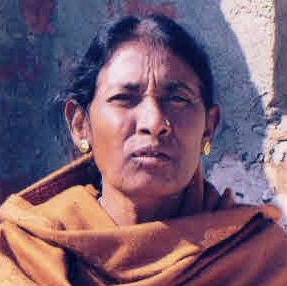
Chaggi Bai
Chaggi Bai was a member of the Bhil community and lived in Bandiya village off the Ajmer-Jaipur highway where she worked hard as a labourer to support her three children. She had separated from her husband due to constant harassment. She had to struggle for everything, right from getting food and water for her family to survival as a woman from a lower caste. She was inspired by the women’s movement in Rajasthan and would often go for social work in her neighbouring village Rasoolpura. Then came the reservation for women under the Panchayati Raj system in 1995 and Chaggi was made the sarpanch of the Rasoolpura village panchayat.
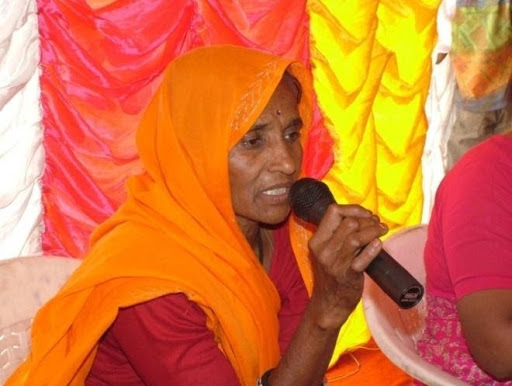
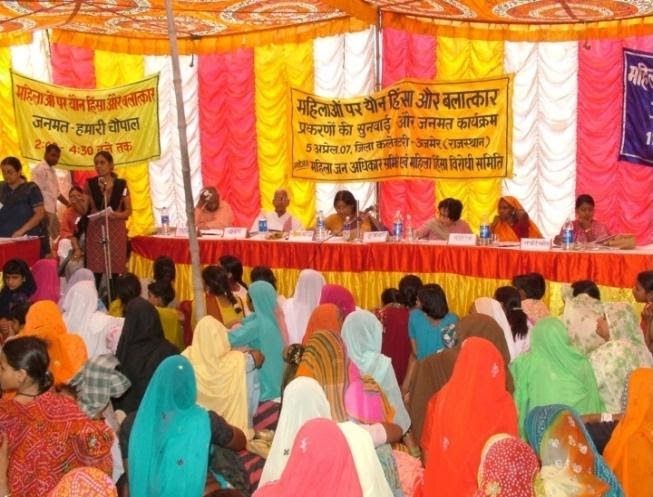
Jan Sunvaai: The Public Hearing
Initially when the members of MJAS began discussing issues related to sexual violence and rape against women, they were surprised that violence was accepted by most women as given (destiny). Many women believed that husbands have the right to be violent. Others asserted that, “Since he feeds me and my children he can beat me.” The MJAS orgnaised a Public hearing (Jan Sunwai) in collaboration with Mahila Atyachar Virodhi Manch to understand the underpinnings of gender based violence.
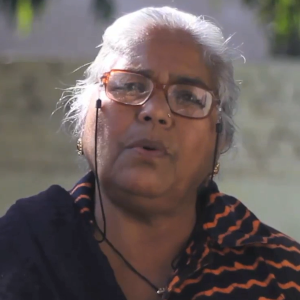
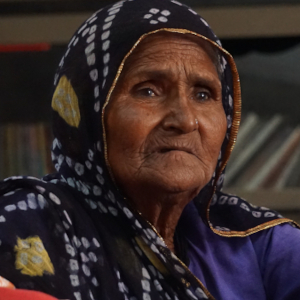
Founding Members’ Testimonials
The founding members of MJAS are women who have faced discrimination of the cruellest forms and yet found the courage to not only fight injustice, but in their struggle, have inspired many others to follow in their footsteps. Here are the stories of two of the earliest members of the organisation.

Indira
Lorem ipsum dolor sit amet, consectetur adipiscing elit. Praesent et porta neque. Sed vitae dui odio. Integer vel neque id odio ornare porttitor vel at felis. Interdum et malesuada fames ac ante ipsum primis in faucibus. Quisque risus risus, pulvinar nec nisi non, maximus scelerisque nibh.

Meera Meena
Lorem ipsum dolor sit amet, consectetur adipiscing elit. Praesent et porta neque. Sed vitae dui odio. Integer vel neque id odio ornare porttitor vel at felis. Interdum et malesuada fames ac ante ipsum primis in faucibus. Quisque risus risus, pulvinar nec nisi non, maximus scelerisque nibh.

Laali Dhakad
Lorem ipsum dolor sit amet, consectetur adipiscing elit. Praesent et porta neque. Sed vitae dui odio. Integer vel neque id odio ornare porttitor vel at felis. Interdum et malesuada fames ac ante ipsum primis in faucibus. Quisque risus risus, pulvinar nec nisi non, maximus scelerisque nibh.
